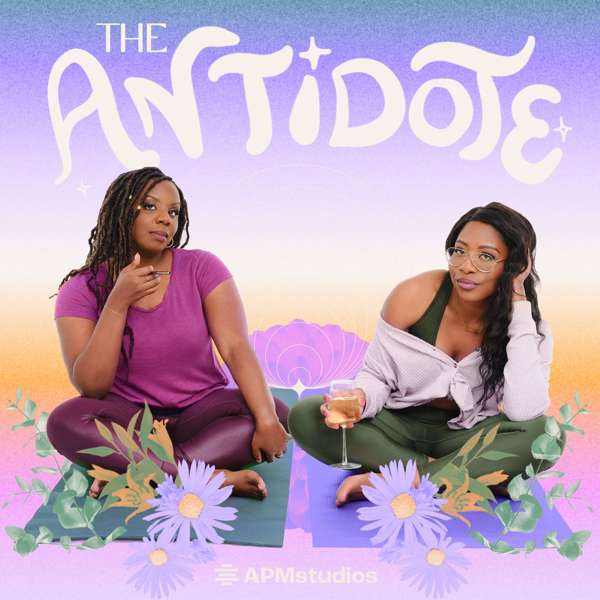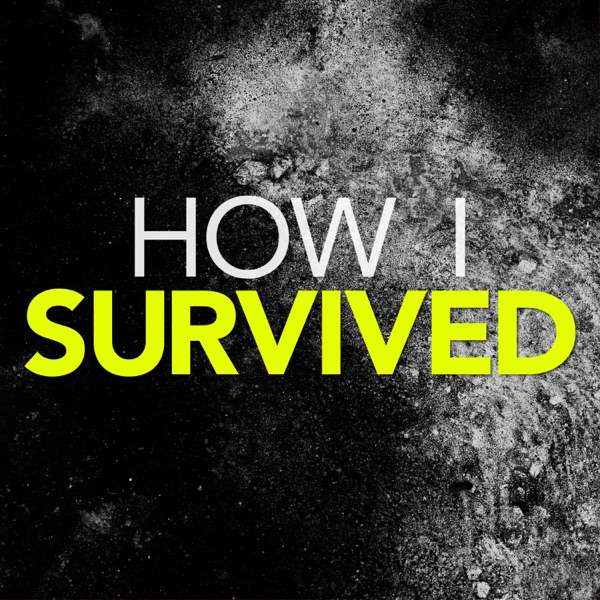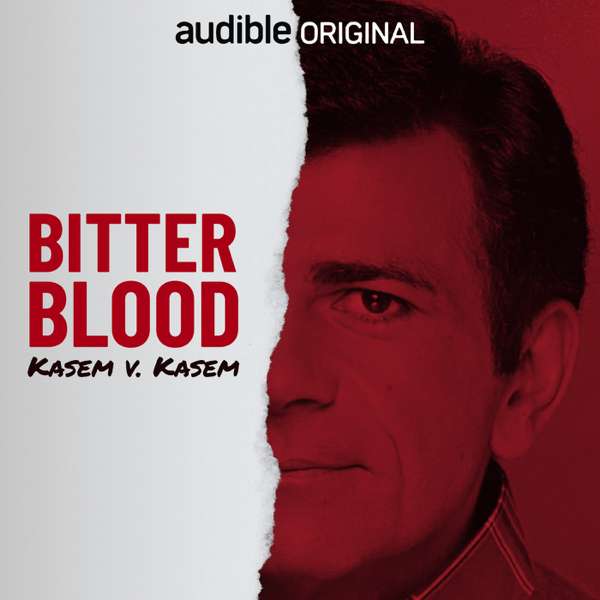Down on Louisiana’s Gulf Coast, there is a small, close-knit Black community named Pointe à La Hache. There, oyster harvesting is a culture and a heritage that has been passed down for generations. But decades of storms, natural disasters, oil spills, and racist policies have threatened this way of life. Now, the state’s coastal restoration plans could end it.
According to experts, Louisiana loses more than a football field of its jagged coastline every 100 minutes. This leaves coastal communities at risk from rising sea levels, and cities like New Orleans more vulnerable to storms. To fight back, the state has created a 50-year, $50 billion plan to save the disappearing land, which includes diverting water from the Mississippi River through the wetlands around Pointe à La Hache, so sediment from the waters can build up along the shorelines.
The state and environmental advocacy groups believe these diversions are the most effective, cost-efficient, and least intrusive solution to save the coast. But oystermen and other fishermen in Pointe à La Hache say the influx of freshwater will disrupt the brackish waters their oysters need to survive.
This week on Into America, we travel to Louisiana to speak with Byron Encalade, a third-generation oysterman from Pointe à La Hache, and founder of the Louisiana Oystermen Association, a mostly Black union that represents oystermen of color. Encalade and other Black oystermen have been hit time and again, from Hurricane Katrina in 2005 to the 2010 BP oil spill, but Encalade says these diversion plans will destroy what’s left of Pointe à La Hache.
But not all is lost yet. Keslyn and Derrayon Williams, shrimper brothers and owners of Lil Wig’s Seafood and Catering Boat, are still fighting for their family's legacy. They grew up in Pointe à La Hache and remember it as a thriving economic fishing community. Now, they have to travel hours away and compete with bigger boats just to catch shrimp. Derrayon believes if the state stopped these diversions, their community could be restored, but Kelsyn thinks it might be too late.
For a transcript, please visit msnbc.com/intoamerica.
Follow and share the show on Twitter, Facebook, and Instagram, using the handle @intoamericapod.
Thoughts? Feedback? Story ideas? Write to us at intoamerica@nbcuni.com.
Further Reading and Listening:
To listen to this show and other MS podcasts without ads, sign up for MS NOW Premium on Apple Podcasts.
Hosted by Simplecast, an AdsWizz company. See pcm.adswizz.com for information about our collection and use of personal data for advertising.

 Our TOPPODCAST Picks
Our TOPPODCAST Picks  Stay Connected
Stay Connected







